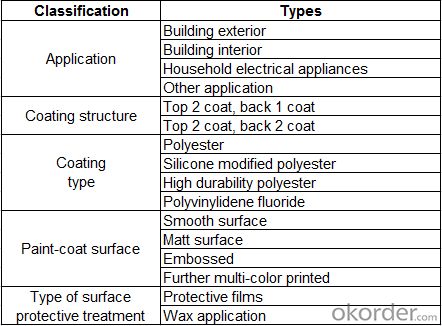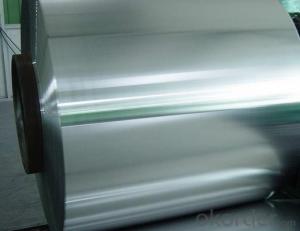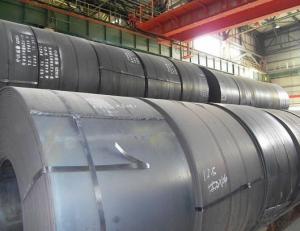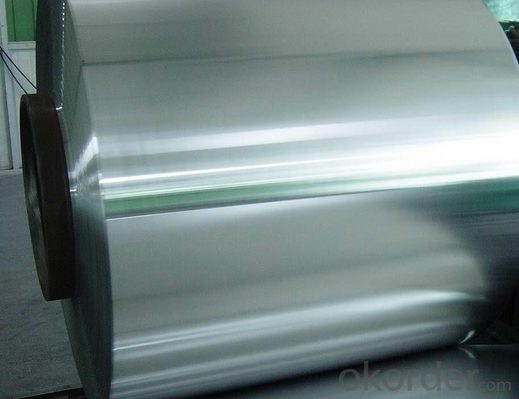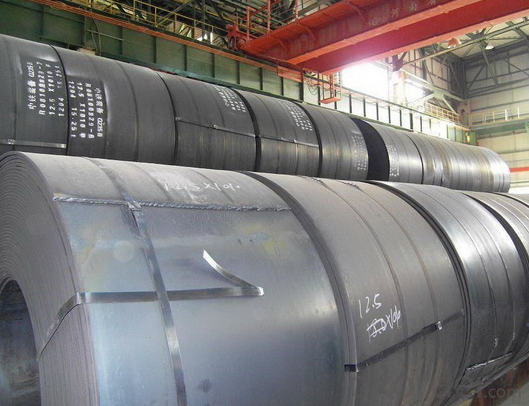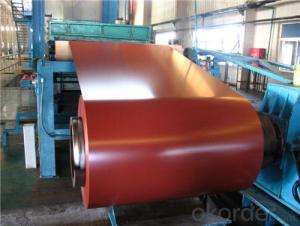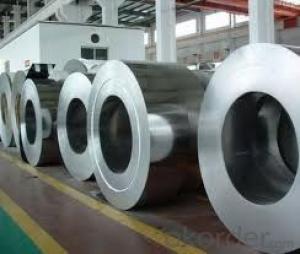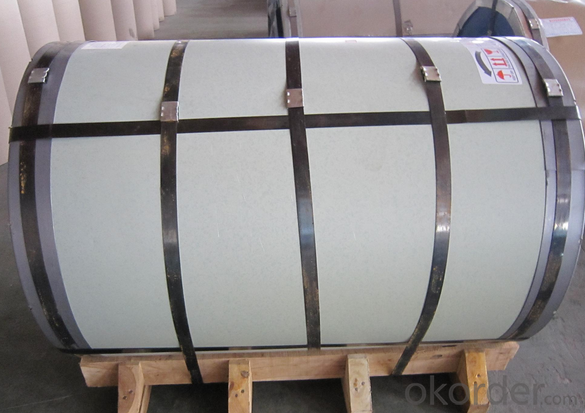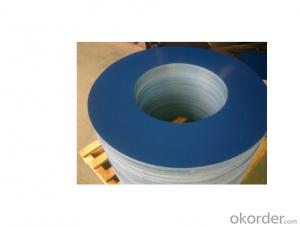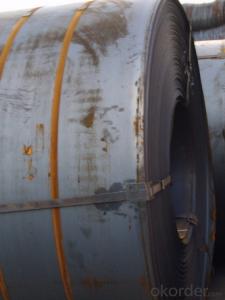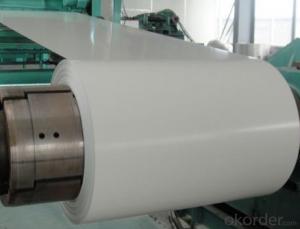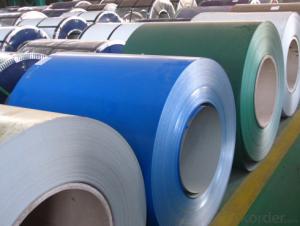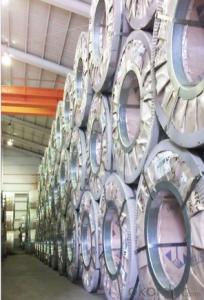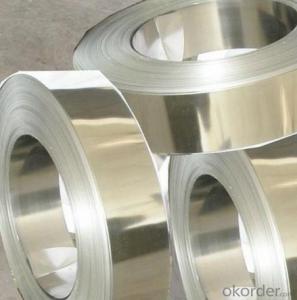Quick Details
Standard: ASTM
Grade: FS Types A
Type: Steel Coil
Technique: Cold Rolled
Surface Treatment: Coated
Application: Forming Use
Width: 750-1534mm
Length: Coil
Packaging & Delivery
Packaging Details: Oscillated wound: one coil per bundle, inner is the protecting humidity-proof wax paper. Medium is plastic film. Outer is sackcloth or compound paper packing. Coil to be laid on single type pallet (one pile per pallet) Delivery Detail: 25 days but also depends on the quantity and specifications. Specifications
1. Top 2 coat: primer 5uM, top coat 15-20uM.
2. Back 2 coat: primer 2-5uM, back coat 5-20uM.
3. Back 1 coat: back coat 5-10uM.Grade FS(A) ASTM A755 (A653) - PrePainted Hot-Dip Galvanized Steel Coil
(1) Top 2 coat, back 1 or 2 coat
(2) RAL international color, With/Without temporary protective film(3) Coil ID: 508/610mm, Coil weight: 3-8Ton
(4) Steel Substrate Grade FS(A): Forming steel
Steel Substrate Chemical Composition

Classification
